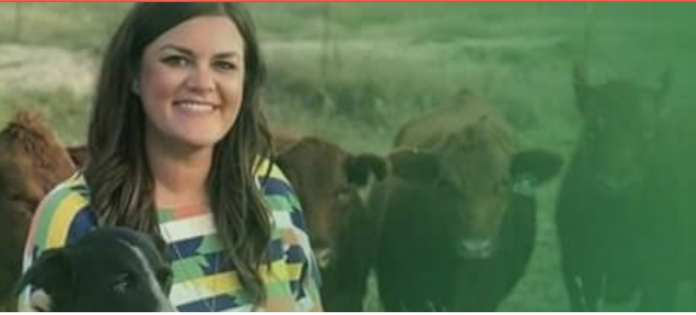There are a lot of myths out there when it comes to pesticides. The aerial applicators’ job is critically important to the global food supply, but does the industry sometimes take it for granted since they do it daily? While the average consumer is bombarded with misinformation and scary internet propaganda regarding “chemicals” in agriculture, we must remember that the end consumer is our end customer and needs to feel comfortable eating what we grow. Therefore, don’t forget to speak up on how extensive it is to become a certified applicator! Here are some speaking points to bring up the next time you encounter a concerned citizen.
Certified pesticide applicators are licensed by the state, territory, or tribal authority, where they apply restricted pesticide use. Any person who applies or supervises the use of restricted-use pesticides (RUP) must be certified according to the US Environmental Protection Agency.
Each state has a regulating agency that controls certified applicators’ requirements, testing, and continual education. Generally, the requirements include taking a general standards examination that tests their knowledge of pesticide safety, calculations, pest identification, and other topics. Since there are many different types of pesticides and places you can apply them to, there are category-specific exams you must take to obtain your license. In Florida, there are over 30 different categories you could have a license in!
If you want to apply a restricted pesticide on your row crops, you will need a different license than if you were applying to, say, a golf course. Each area you apply pesticides to presents unique challenges and dangers; this is why you are required to take an exam for each type of location. Additionally, you may need a different license type if you are applying pesticides to your property or the property of your employer versus being hired to spray pesticides on someone else’s property. We call these private pesticide applicator licenses or commercial applicator licenses.
Once you obtain your license, you are considered a certified pesticide applicator. To purchase a restricted-use pesticide, you must find a dealer that sells the product and provide your pesticide license to them for approval of the sale. However, it’s not a one-and-done deal; certified applicators must maintain continuing education units (CEU) and reapply for their license during a set time frame. In Florida, each license requires a different amount of CEUs, and you must obtain these and renew them every four years.
Of course, not everyone applying pesticides has to take an exam. General Use Pesticides (GUP) can be bought over the counter by the public. Anyone can use these pesticides to spray their private property for a pest, including insects, plants, and more. Restricted use pesticides are products that have a greater potential to cause harm to humans or the environment if they are misused, which is why you must be properly educated and licensed to purchase/use the product.
Pesticides are essential to our everyday lives, restricted use or not. Many people think of pesticides just as spraying crop fields for bugs, but they do so much more. Pesticides are responsible for ridding your home of wood-destroying organisms like termites, maintaining roadways, sidewalks, railways, and other travel ways, or even keeping those perfectly manicured golf courses.





